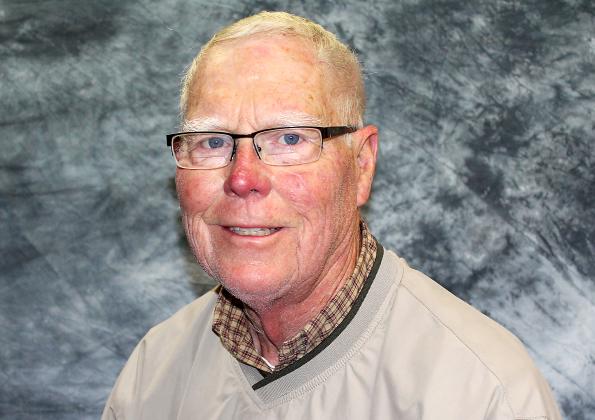We’ve lived in Aurora for nearly five decades and note the successes of the community, the county and citizenry. We realize just how lucky we are because in our earlier years we grew up in several communities that were not successful. In fact, I was born in a small town that is all but gone.
An article “Characteristics of Successful Communities” written by a Dr. Cornelia Flora of Virginia Tech and State University caught my attention and I agreed when she observed the following characteristics common to successful communities.
“First, research has shown that in successful communities, controversy was considered normal; it was expected. It was not treated as bad, wrong or abnormal – and neither were the people who presented it. Rather controversy was regarded as a necessity of participating governance.
Just the opposite was revealed in dying towns. People avoided controversy and refused to address issues.
Second, people in successful towns held an objective view of politics. They did not side with someone out of friendship alone – neither did they oppose someone simply because that person was an educator, business person, or a farmer.
Dying communities personalized their politics – couldn’t separate the person from the job. They gave loyalty to people rather than issues and the “good old boy” clique prevailed.
Third, in successful communities, there was a willingness to risk for the good of the town. Prosperous towns had enough success to want risk -- and they had that success because they did risk.
Dying towns had neither.
Fourth, successful towns had the willingness to tax themselves. They moved beyond want and desire into action.
Dying towns accurately identified needs, but that’s where everything stopped. They thought someone else should pay the bill and weren’t willing to tax themselves.
Successful towns had the ability to expand; they made a place for more people – including those new to the community.
In dying towns people would not share power and authority with newcomers.
Fifth, successful towns were flexible and have the ability to network vertically and horizontally. They disbursed community leadership with many people involved in the work and mission of the community.
In dying communities, a small clique of people controlled all decision-making processes and citizens didn’t want to learn from anyone not exactly like them.”
RL Furse is publisher emeritus of the News-Register
Successful communities have common characteristics
Image
Body





